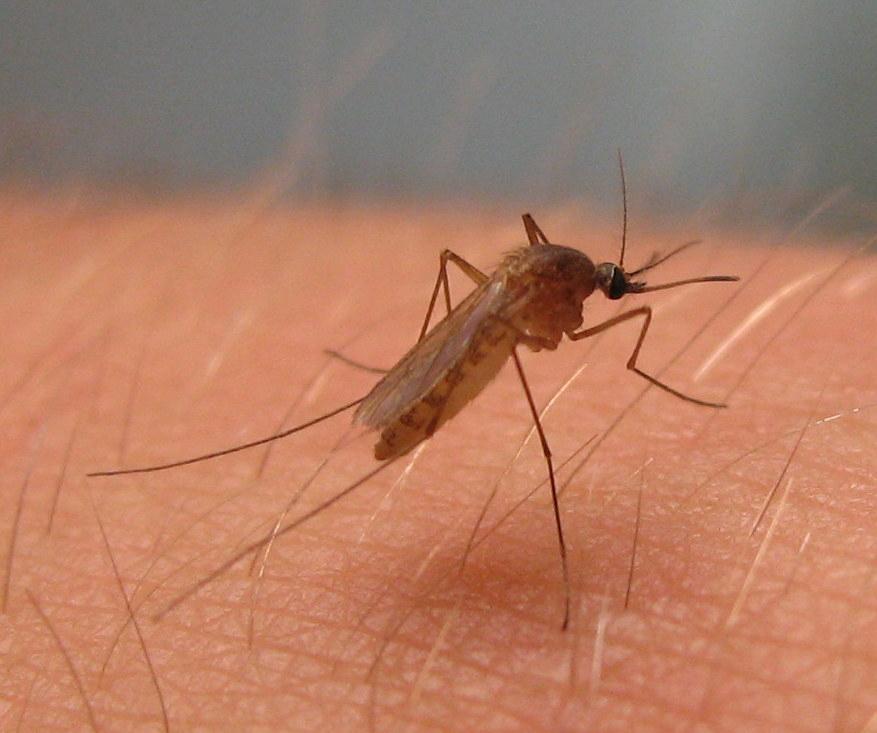
An El Paso County resident has tested positive for West Nile virus. It's the county’s first human case in a year that saw an earlier than usual onset of the disease.
Despite the earlier onset, data from the Colorado Department of Public Health and Environment shows the state is still below its previous five year average when it comes to diagnosed cases.
Last year, Colorado was hit hard by the virus, with 631 confirmed cases in 40 counties. Almost 400 people were hospitalized and 51 people died, more than any other state in the nation.
West Nile virus is spread through mosquitoes, and most people who become infected don't show any symptoms. However, according to the El Paso County health department, one in five people will develop flu-like symptoms, which could become serious, especially for those over 60 years old and those with other medical conditions like diabetes or kidney disease.
The county health department anticipates mosquito activity to increase over the coming weeks due to recent rains. Mosquitoes breed in standing water.
Last year, El Paso County saw 51 cases of West Nile virus. That's the most since 2003, when the state first started collecting data. That year, 151 people tested positive and 66 people died across the state.
So far this year, CDPHE reports Arapahoe and Weld counties with the most human cases, at three each.
To help prevent West Nile virus, recommendations include:
- Using insect repellant, such as DEET, picaridin or oil of lemon eucalyptus
- Limit time outdoors at dusk and dawn, when mosquitoes are most active
- Frequently drain standing water from areas around the home, such as bird baths and pet water dishes.








